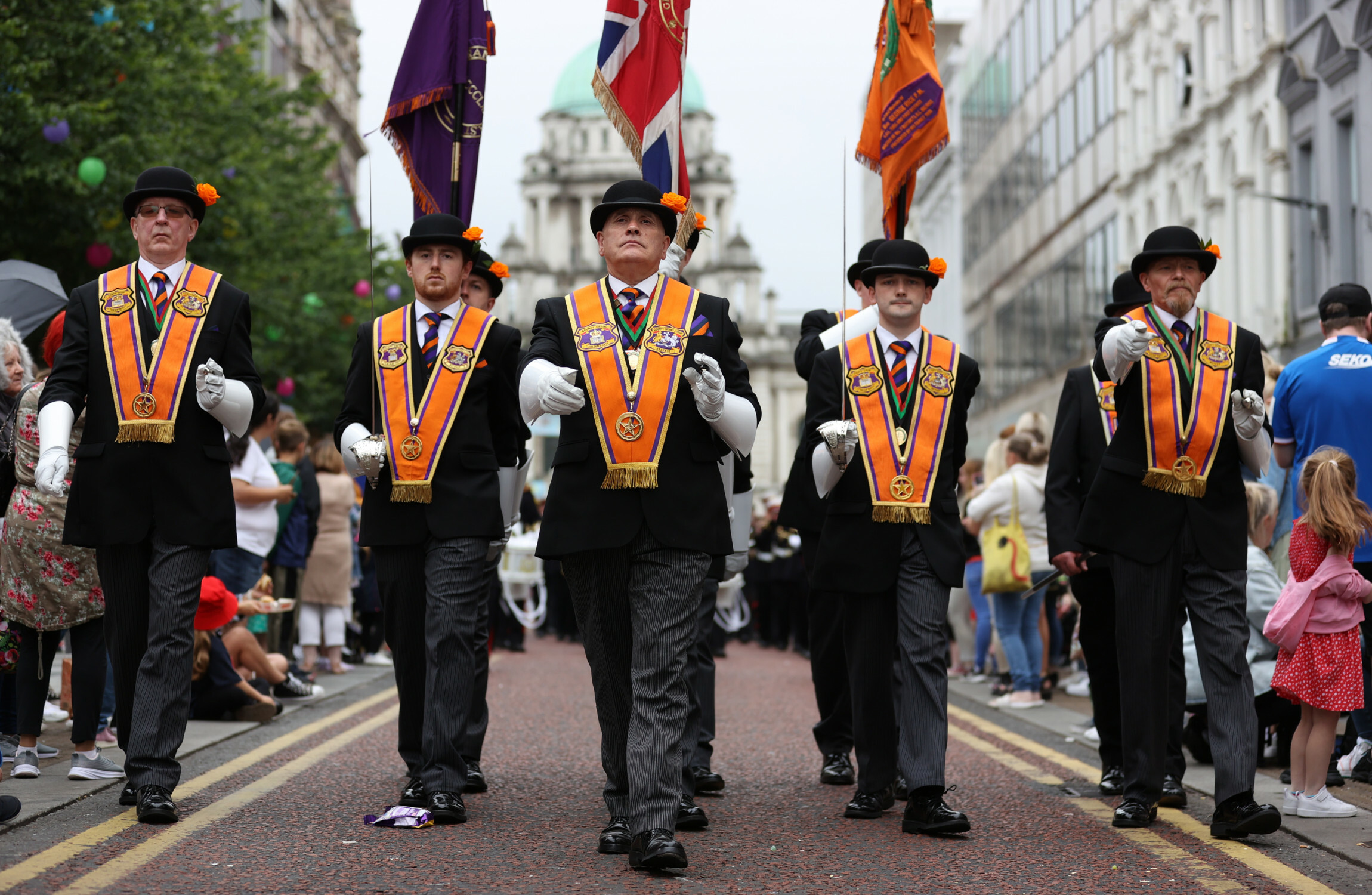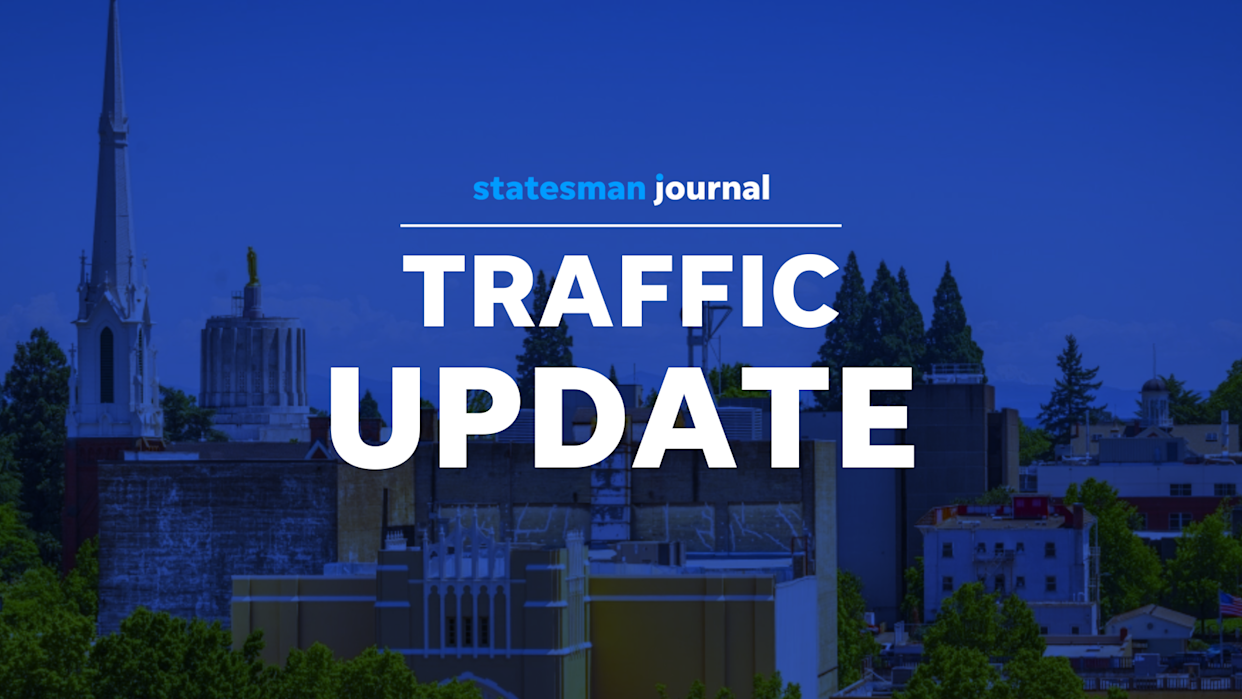
Introduction
The Parades Commission plays a crucial role in Northern Ireland, overseeing the organisation of parades and public events to ensure they are conducted lawfully and peacefully. As the UK continues to engage with its diverse communities, understanding the Commission’s effectiveness and the challenges it faces is more important than ever. This year, the Commission has encountered unique situations that warrant attention from policymakers, community leaders, and residents alike.
Recent Developments
In 2023, the Parades Commission has been at the forefront of discussions regarding the scheduling of parades amid ongoing communal tensions. During the summer months, a series of contentious events sparked debates about cultural expression versus community harmony. In a recent statement, the Commission noted that they approved 80% of the parade applications submitted this year while conducting thorough consultations with affected community groups.
Moreover, the Commission has ramped up engagement efforts, hosting panels and workshops aimed at breaking down barriers and enhancing understanding between different cultural communities. This outreach has been essential in reducing the frequency of potential disputes and enhancing the framework within which parades are organised.
Challenges Ahead
Despite these efforts, the Parades Commission faces challenges, notably in areas where historical grievances linger. In mid-July, police reported increased tensions during a parade in Derry, with numerous incidents of violence leading to arrests. This ultimately raised questions about how the Commission can adapt its strategies in high-risk areas to maintain peace.
Moreover, budgetary constraints have been highlighted as a concern, as the Commission necessitates adequate funding to carry out its functions effectively. In recent meetings with government representatives, the Commission emphasised the financial support required to sustain its advisory and regulatory services, especially in communities that are often at the heart of parade conflicts.
Conclusion
The work of the Parades Commission holds great significance for both political stability and community relations in Northern Ireland. As discussions surrounding identity and expression continue, the Commission’s ability to navigate these complexities will be crucial. Looking ahead, it is essential that stakeholders including government bodies, community representatives, and the public collaborate to address the multitude of issues facing parades. By fostering dialogue and investing in meaningful conflict resolution strategies, there is potential for a more harmonious coexistence among diverse cultures across the UK.
You may also like

The Growing Concerns of Urban Traffic in Today’s Society

The Significance of Being a ‘Heretic’ in Today’s Society
